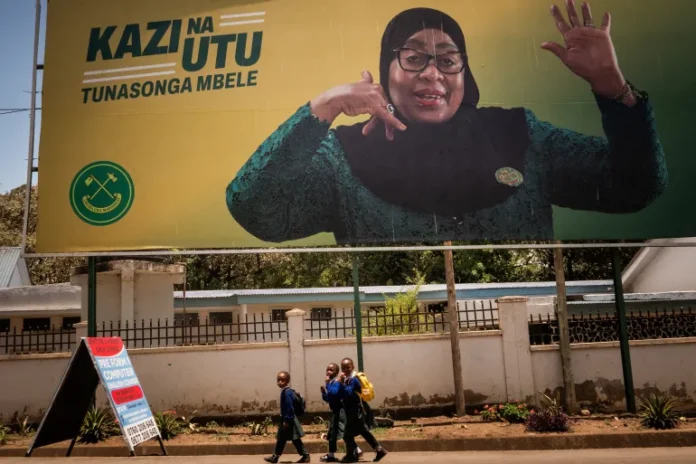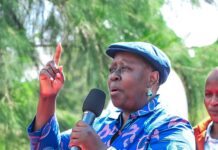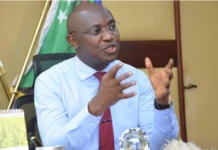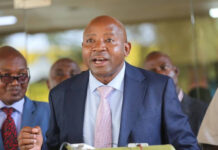Tanzania votes on Wednesday in an election that many observers say will test the depth of the country’s democracy more than the popularity of its president.
With no heavyweight opposition figures cleared to compete, President Samia Suluhu Hassan is widely expected to secure a resounding victory. Yet for many Tanzanians, the outcome feels less like a contest and more like confirmation of the ruling party’s enduring grip on power.
President Samia, 65, who became Tanzania’s first female head of state following the death of John Magufuli in 2021, initially promised a new era of openness and reform.
Her “four Rs” agenda of reconciliation, resilience, reform and rebuilding earned praise from international partners and helped restore relations with the World Bank and IMF.
But the optimism that greeted her rise has dimmed. Critics say her government has tightened control over dissent, with reports of abductions, political harassment and a resurgence of fear reminiscent of the Magufuli years.
Freedom House recently downgraded Tanzania’s ranking from “partly free” to “not free.” The government has not responded to the allegations.
The exclusion of key opposition figures has deepened public disillusionment. Chadema leader Tundu Lissu, once Samia’s fiercest critic, is on trial for treason, while his deputy John Heche was arrested last week. Another opposition hopeful, Luhana Mpina of ACT Wazalendo, was twice disqualified from the race after legal wrangling.
“The ruling party’s control and institutional bias undermine the credibility of the election,” said political analyst Nicodemus Minde. “Civic space is shrinking, and voter engagement is low.”
Many voters in Dar es Salaam say they see little point in turning out. “We already know who will win,” said resident Godfrey Lusana. “There is no strong opposition, and the electoral system is not independent.”
On the semi-autonomous islands of Zanzibar, however, the campaign has been far livelier, with incumbent Hussein Mwinyi of the ruling CCM facing a serious challenge from ACT Wazalendo’s Othman Masoud.
At home on the mainland, President Samia has leaned into her image as “Mama Samia,” a steady hand and maternal figure promising infrastructure, education and healthcare. Many women, particularly in rural areas, still regard her as a symbol of progress. Yet among urban youth, frustration over unemployment and corruption has bred indifference.
Analysts warn that a low turnout or muted dissent could mask deeper instability. Tanzania’s democracy, once seen as a regional model, now stands at a crossroads—its future shaped less by ballots than by the silence of those who have stopped believing they matter.



















